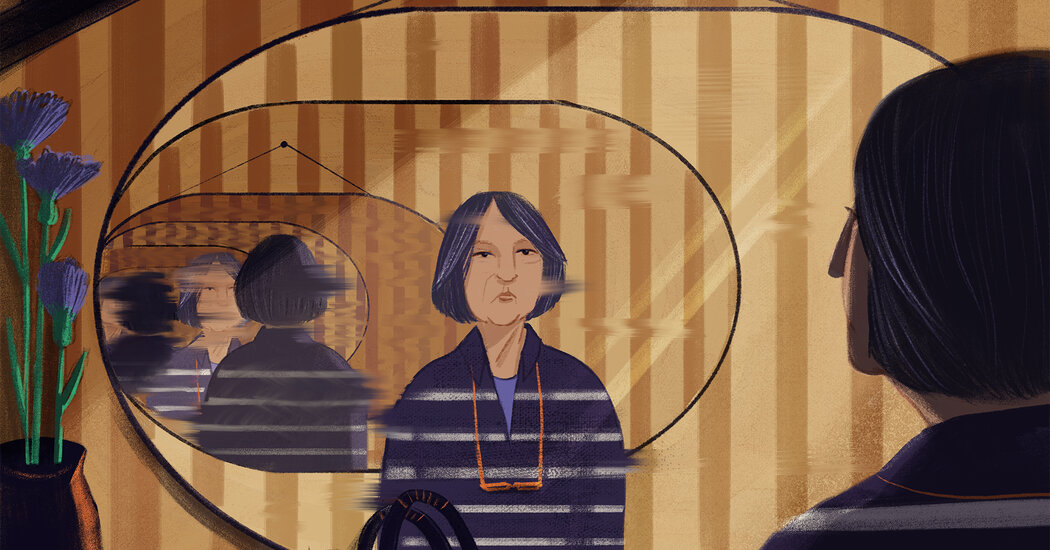Joan Presky worries about dementia. Her mother lived with Alzheimer’s disease for 14 years, the last seven in a memory-care residence, and her maternal grandfather developed dementia, too.
Last year, she spent almost a full day with a neuropsychologist, undergoing an extensive evaluation. The results indicated that her short-term memory was fine — which she found “shocking and comforting” — and that she tested average or above in every cognitive category but one.
She’s not reassured. “I saw what Alzheimer’s was like,” she said of her mother’s long decline. “The memory of what she went through is profound for me.”
The prospect of dementia, which encompasses Alzheimer’s disease and a number of other cognitive disorders, so frightens Americans that a recent study projecting steep increases drew enormous public attention.
The researchers’ findings, published in January in Nature Medicine, even showed up as a joke on the Weekend Update segment of “Saturday Night Live.”
“Dementia is a devastating condition, and it’s very much related to the oldest ages,” said Dr. Josef Coresh, director of the Optimal Aging Institute at NYU Langone Health and the senior author of the study. “The globe is getting older.”
Now the findings are being challenged by other dementia researchers who say that while increases are coming, they will be far smaller than Dr. Coresh and his co-authors predicted.
Using data from about 15,000 Americans over age 55, collected at four research clinics around the country from 1987 through 2020, Dr. Coresh’s team projected a lifetime dementia risk much higher than previous studies had: 42 percent, though most of that risk didn’t emerge until after age 85.
The higher lifetime number probably reflected the study’s reliance on a more diverse sample than earlier researchers had used, and more dementia cases identified through in-depth questionnaires, regular phone calls, medical records and death certificates.
Source link




